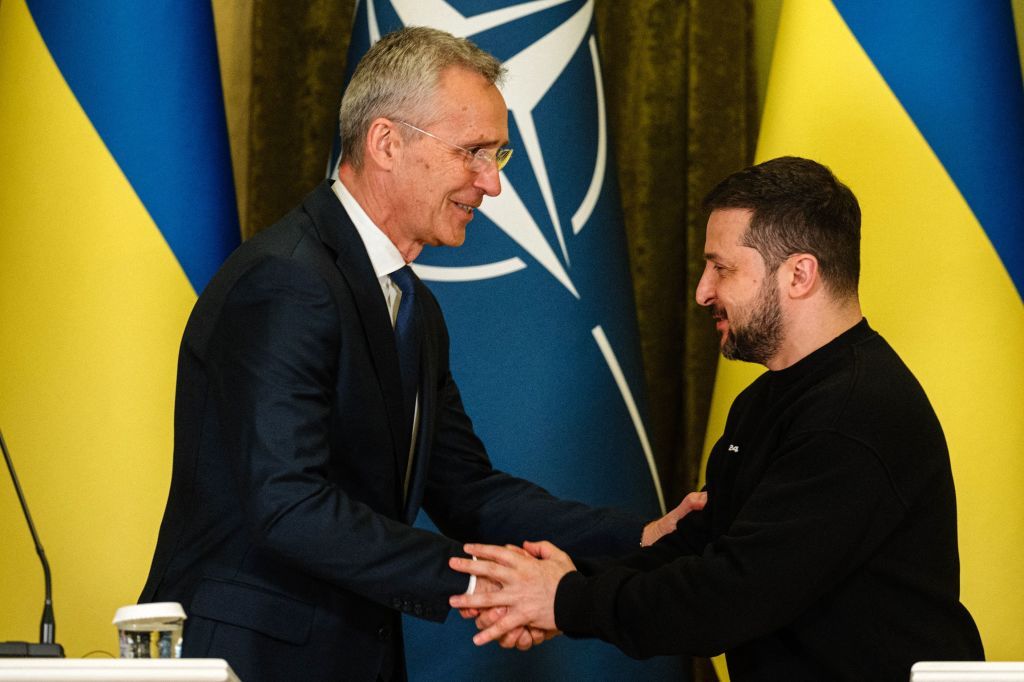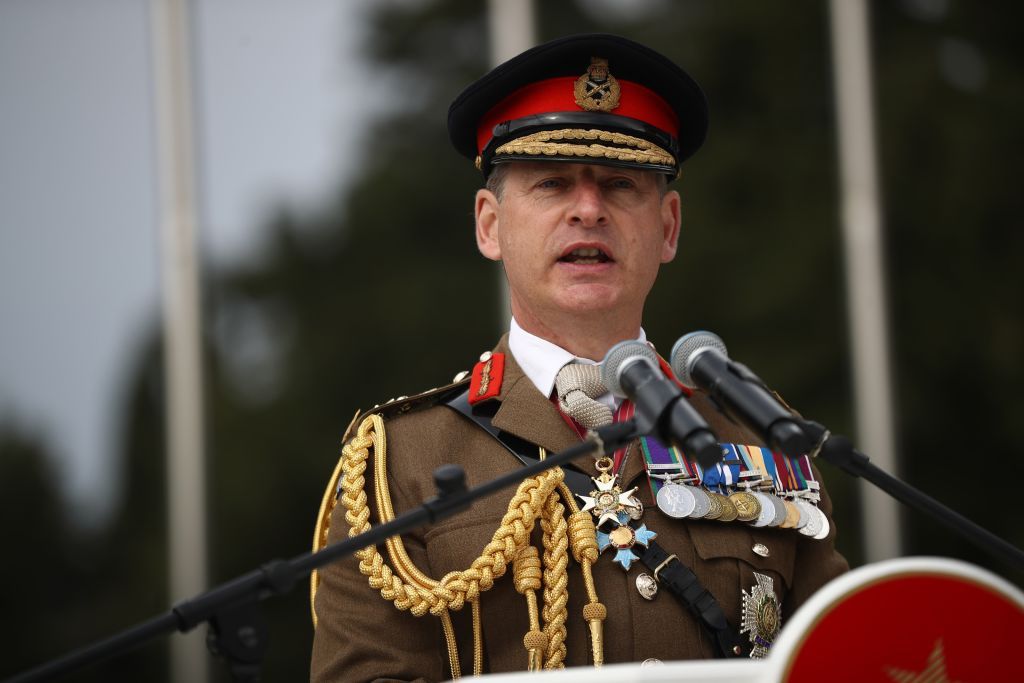Allies reaffirm support for Ukraine ahead of summit, divisions on membership remain

NATO members including Germany, the U.S., and the U.K. pledged continued support for Ukraine on July 10, on the eve of the NATO summit in Vilnius.
While some allies like Lithuania call for a "clear plan" on Ukraine's much-desired membership, Washington sees the discussion on the matter as "premature."
Lithuanian President Gitanas Nausėda indicated last week that multiple countries would present their own packages of military aid at the summit. On July 10, German Defense Minister Boris Pistorius confirmed that Germany will be one of them.
U.K. Prime Minister Rishi Sunak and U.S. President Joe Biden also committed to long-term defense support to help Ukraine achieve its victory.
It is yet unclear what exact security assurances will Ukraine receive, as NATO leaders reportedly hold "frantic, last-minute" talks on their content, Politico wrote earlier on July 10.
According to the outlet, the commitments will serve mainly to consolidate the aid Ukraine's partners are currently providing and to demonstrate enduring unity in the continued support.
One of the main Kyiv's aims at the summit, which will be attended by President Volodymyr Zelensky, is getting a "clear signal" on full membership.
This goal has the backing of several NATO members, mostly from Central and Eastern Europe. On July 10, Nausėda said that the summit must provide not only declarations but also actions in Ukraine's support.
"Allies should agree on further military assistance to Ukraine until the complete liberation of its territory. We also understand that Ukraine should be fully integrated into the transatlantic system security and become a member of NATO," Nausėda said at a press conference.
"The time has passed for repeating promises. The time has come for a clear plan on how we will achieve this. We have no choice but to agree and send a strong signal to Ukraine."
Ukraine's Foreign Minister Dmytro Kuleba said earlier on July 10 that NATO allies agreed to remove the Membership Action Plan (MAP) from the country's path toward accession.
However, even this procedure would still oblige Ukraine to carry out reforms and, contrary to the wishes of Eastern European allies, would not set any time frame for Ukraine's accession.
Washington has made it clear that it does not intend to loosen requirements on reforms that Ukraine has to undertake. President Biden also pointed out that the Russo-Ukrainian War must come to an end before Kyiv's application can be considered, therefore, a vote on the issue would be premature.
The White House might not be the only challenge to Ukraine's hopes for a clear invitation. The Telegraph reported on July 9 that Germany wishes to avoid talks on Kyiv's bid out of fear of an open Russia-NATO confrontation.















